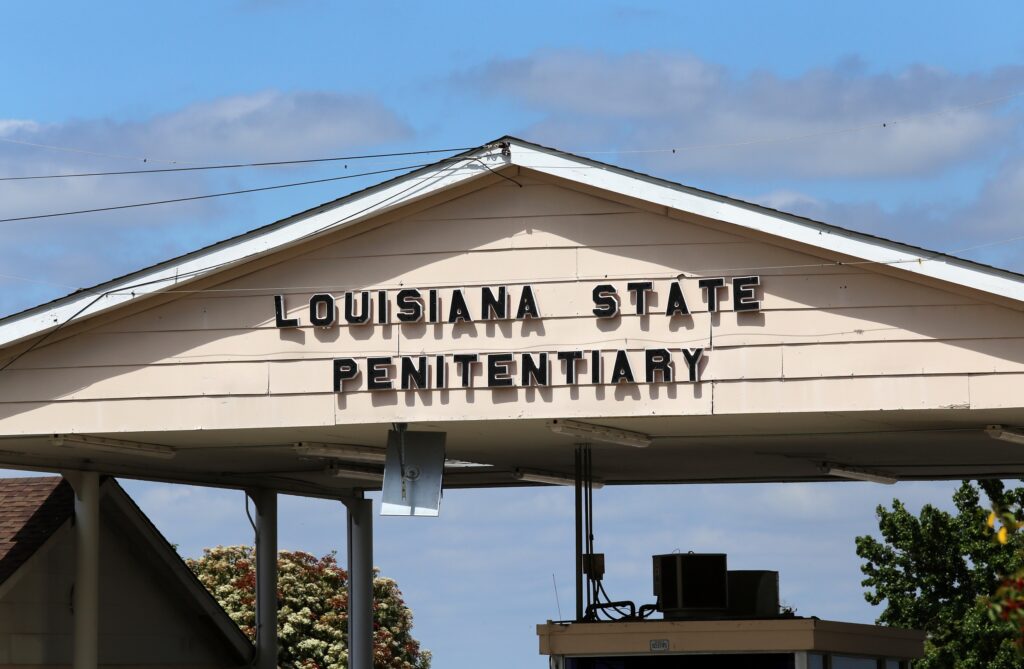Bipartisan Consensus on Juvenile Justice Crumbles in Louisiana

For the past decade, a bipartisan consensus on juvenile justice has successfully reduced both youth incarceration and crime across the country. But in politics, unity can be fleeting. This year, evidence-based policies that have made Americans safer are under attack from both the left and right.
Nowhere has the shift been more evident than in Louisiana, where a recent legislative blitz has completely overhauled the state’s juvenile system. Less than 100 days after taking office, Louisiana Gov. Jeff Landry has moved at warp speed to hit delete on a broad swath of hard-won bipartisan victories. There was so little resistance to the governor’s agenda, lawmakers wrapped up the special session a week early.
Gov. Landry is now poised to sign legislation to put more juveniles in detention, keep them there longer, and limit their options to get out sooner. A new database will give the public access to juvenile court records, regardless of whether the young person is ultimately found responsible for the crime. The coup de grâce is a repeal of Louisiana’s 2019 “Raise the Age” law, which will funnel 17-year-olds back into the adult court system. This is the first time a state has ever reversed course after raising the minimum age of adult court jurisdiction.
The goal is to turn back the clock to before 2017, when Republicans and Democrats worked together to contain exploding corrections spending by expanding parole and reducing prison time for technical violations. A recent government audit found the reforms reduced the state’s prison population from 35,000 to 29,000—driven almost entirely by a decline in nonviolent offenders—saving taxpayers $153 million so far.
Louisiana’s newly elected governor is on a mission to undo all that. A former sheriff’s deputy, Gov. Landry exploited fears of crime to win the gubernatorial race, arguing that state criminal justice policy has become too lenient. In a speech opening the session, Landry noted that in 2021 and 2022 Louisiana had the highest violent crime rate in the nation. This is true. What he failed to mention is that this has also been true for more than 30 years.
Perhaps the governor could use a refresher on that famous maxim from junior high science class—correlation doesn’t equal causation. “Violent crime is out of control and juvenile crime is skyrocketing,” says a menacing voiceover in one of his campaign ads. But the data isn’t so clear. During the pandemic, Louisiana did experience a surge in violence along with every other state. However, as the pandemic receded, crime rates have reverted back down toward the mean. Violent crime dropped significantly in New Orleans and Baton Rouge last year. Nationally, 2023 marked the largest annual decline in homicide numbers ever.
Despite Gov. Landry’s claims, Louisiana’s spike in crime was likely the local manifestation of a national trend, with little or no relationship to the specifics of the state criminal code. Knowing for sure is impossible because, according to Louisiana’s legislative auditor, the state does not adequately compile data on criminal justice trends. AH Datalytics, a New Orleans-based consulting firm that does monitor crime data, says the governor’s tunnel vision on what occurs post-conviction is “inefficient, ineffective and will cost a lot of money.” Instead, public safety would be better served by focusing on what happens before an arrest.
Research tells us that the certainty of being caught is a more powerful deterrent than the severity of the punishment, which is why longer sentences have little effect on crime rates. Louisiana’s case clearance rates, particularly for violent crimes, have plummeted to their lowest levels since the 1960s. As more cases go unsolved, the more emboldened criminals become. In other words, failing to catch lawbreakers is a more plausible explanation of Louisiana’s so-called “crime wave” than the 2017 reforms.
Louisiana already imprisons people for crimes they committed when they were under 18 at twice the rate of other states. Before incarceration started falling after the 2017 reforms, the state was known as the “world’s prison capital,” locking up a greater proportion of its citizens than any other. It still ranks number two, behind neighboring Mississippi. Switching the formula—an approach best summarized as “more police, fewer prisons, less crime”—would be more effective at improving public safety. Simply having more cops patrolling the streets deters crime in and of itself, reducing the need to arrest or incarcerate anyone.
While unlikely to reduce crime, Gov. Landry’s crackdown is expected to cost Louisiana taxpayers tens of millions of dollars annually, though fiscal analysts have struggled to put together exact figures. For their part, allied lawmakers don’t seem to care about the cost, dismissing budgetary questions as irrelevant. Nor do they care that even brief detentions in adult lockup can result in serious physical danger to minors. During a committee meeting on the bill to repeal the Raise the Age law, an Orleans Parish Sheriff’s Office employee said a coworker tasked with combatting prison rape “literally cried at her desk, because she knew the risk that this [bill] would present.”
While Louisiana has embarked on the most ambitious roll back of juvenile justice reforms this legislative season, it is not alone. Advocates for smart criminal justice policy are playing defense in liberal states as well, with lawmakers in Maryland and Vermont considering bills that will undermine or delay efforts to keep juveniles out of the formal justice system. Policymakers from both parties would do well to look past their social media feeds and focus on long-term trends. The fact is, juvenile crime has fallen 78 percent since we began adopting the very policies now coming under attack.
Let Louisiana and Mississippi battle it out for the title of world’s prison capital. Other states would be wise to stick with proven public safety strategies that have been working for decades.